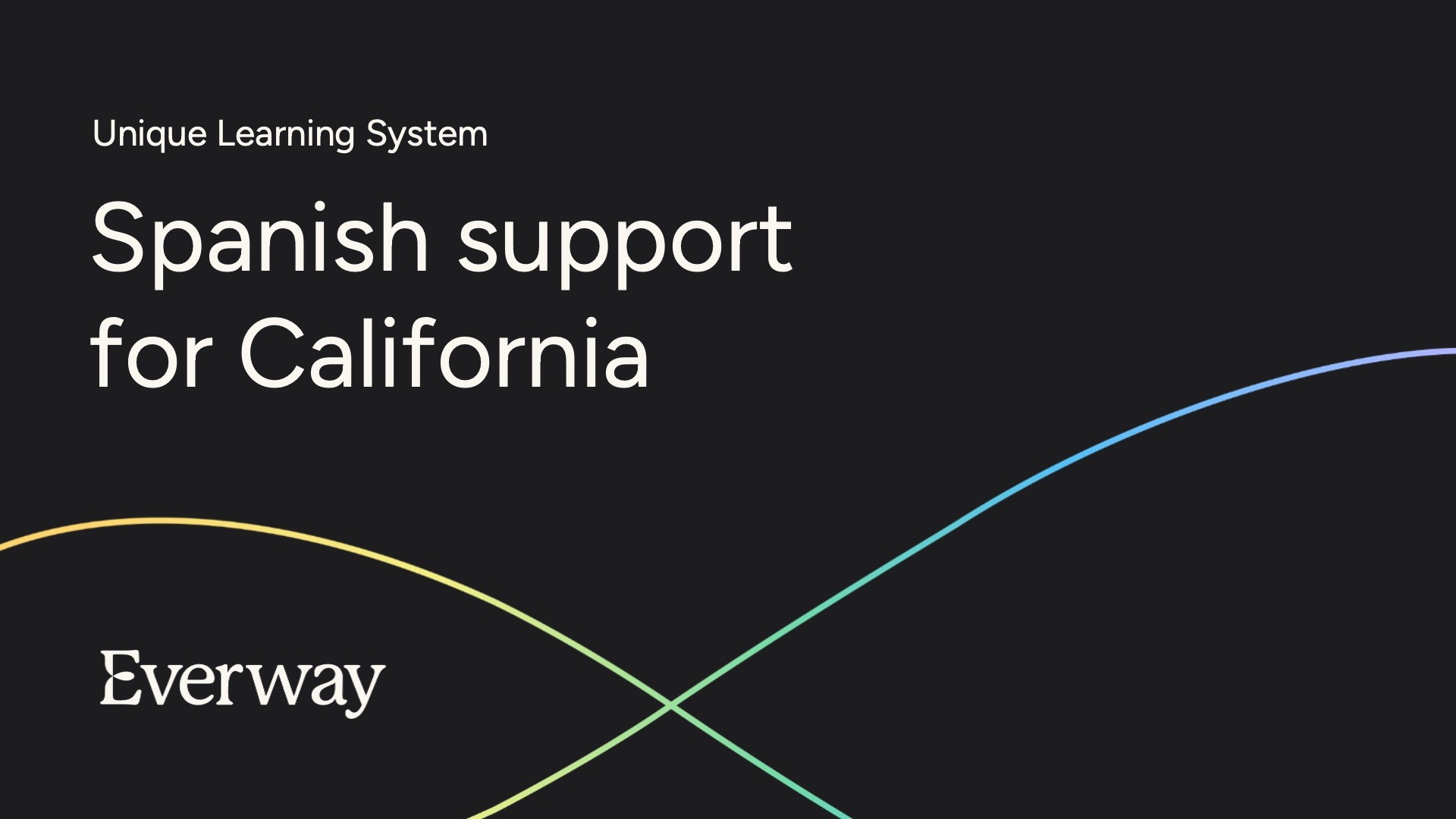Amid a global pandemic, students across the world have experienced unusual circumstances regarding their education. Parents and caregivers, teachers, and schools within various districts abruptly changed course and adapted as best as they could to meet students’ needs. As part of a substantial regression during COVID‑19, a decline in students’ knowledge has become evident and caused many educational stakeholders to stay anxious because a solution has yet to appear on the horizon.
A challenging year for special education
Special education in the 2020–2021 school year looked very different from past years. However, with a resilient spirit, school leaders, teachers, and parents rose to the occasion to try to ensure that students reached their full potential during the academic year.
Summers typically mean time off from homework and other school assignments, but for students with disabilities, summers may mean regression and learning loss. For some, the deviation from normal instructional routines stalls the progression and maintenance of learned skills. With summer peeking around the corner, parents, caregivers, and teachers want to make sure that their students do not fall behind.
When they return to school, students who have experienced substantial regression are given less time for learning new skills. Teachers must backtrack and spend valuable teaching time helping students to relearn social‑emotional skills, positive behaviors, math concepts, vocabulary words, and other essential skills—skills that the students may already have mastered before the school break. Therefore, an extended school year (ESY) plan or resources may be just what unique learners need to stay on track with their individual learning styles and prevent an increase in negative behaviors.
How significant is extended school year?
The implementation of ESY is incredibly important to maintain critical skills that our unique learners have worked hard to develop. There are many misconceptions regarding ESY, including that it is only generalized summer school, just focuses on academic skills, and is automatically given to students with an individualized education program (IEP). In fact, it can be used during any extended break where the student needs continuous support for learning (such as extension of the school day), can cover any area where regression may occur, and is based on need, with documentation required that regression is possible.
Often overlooked, the benefits of an ESY program and implemented resources can really make all the difference for students with individualized learning plans. ESY is set up to minimize the loss of skills that could otherwise occur during an extended break. The continued program and services ensure that there are no lapses in the support needed for unique learners to meet and build upon the targeted goals within their IEP.
What does extended school year look like?
ESY is primarily an extension of the established goals and objectives that are dictated by the IEP. The services or resources are individualized to help students retain any progress made toward goals during the preceding months of the academic year.
ESY can include interacting or socializing together with a variety of activities and games to help build on the IEP goals. Curricula may include fun themed‑based instruction, art, movement classes, organized trips, or online virtual experiences, depending on the individual student’s needs and ability.
Successful extended school year learning at home
ESY programs may not be available for all students during the summer. However, there are ways to ways to continue maintaining and improving learned skills at home. For example, n2y’s Unique Learning System Summer Unit theme, By the Sea, focuses on life in and around the ocean. Students have the opportunity to study plants and animals that live in the ocean, as well as how people use the ocean for recreation and leisure activities. The unit addresses life science, geography, and transition skills and encompasses activities that allow them to use maps to locate the world’s oceans, learn about the characteristics of different plants and animals, and discover water games and beach‑related activities.
Standards‑aligned growth aided by a consistent routine
The format of Unique Learning System’s Summer Unit includes standards‑aligned content designed specifically to help unique learners access their state’s standards. Its lessons contain built‑in repetition to ensure they can learn new concepts. Some lessons are revisited with a new purpose or goal in mind. Detailed instructions are provided for each lesson, as well as all the activities included within them. Each activity outlines the steps to effectively introduce, model, practice, review, and extend the instructional targets of the lesson. The instructional targets will help parents, caregivers, and teachers know that they are meeting state standards. Finally, at the bottom of each activity within the lesson plan, there are differentiated suggestions to check comprehension. This consistent format will support a routine and schedule all summer, and with embedded differentiated tasks in each lesson, all students will have an opportunity to be engaged, participate, and most importantly, learn while making continuous progress toward documented goals.



